Common Mistakes Dog Owners Make in Their Dog’s Final Days
The last chapter of a dog’s life often brings love, confusion, and tough decisions. Many owners focus on doing everything perfectly instead of creating calm and comfort. Understanding what truly helps brings them peace in their final days.
Pushing Regular Meals When Appetite Fades
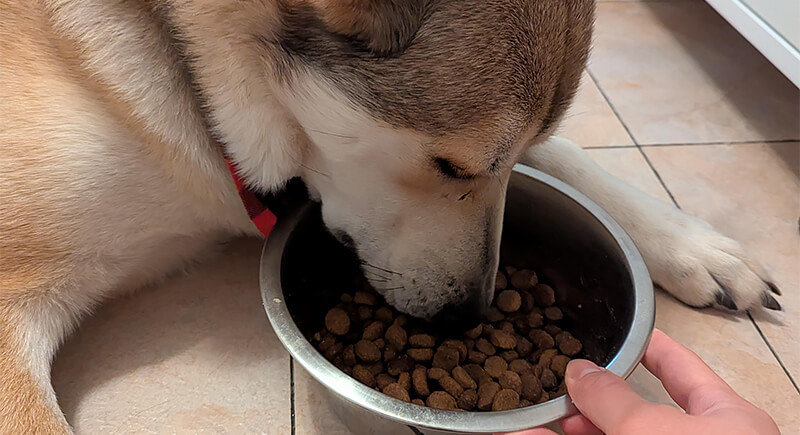
Credit: Reddit
When appetite drops, forcing food can cause distress. Toward the end, dogs eat less because their bodies need less energy. Small amounts of soft food, like boiled chicken or broth, are enough. Hydration and comfort matter more than full meals.
Overcrowding Their Space With Visitors
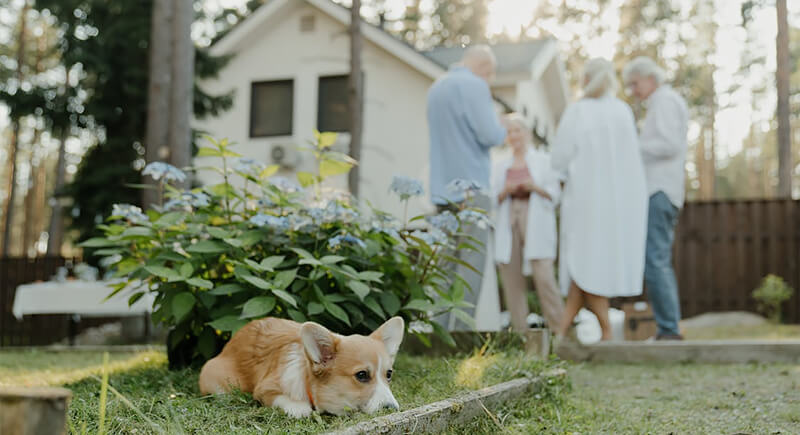
Credit: pexels
Too many visitors can overwhelm a tired dog. Noise, movement, and unfamiliar scents raise anxiety and drain energy. Keep the environment quiet with only close family present. Dim lights and calm voices help them relax. Fewer people create a more peaceful, comforting goodbye for your companion.
Delaying Pain Management

Credit: Getty Images
Owners sometimes delay pain medication out of fear it will change their dog’s behavior. Proper doses prescribed by a vet reduce pain without dulling personality. Since dogs hide discomfort, visible signs often indicate severe suffering. Starting treatment early helps them rest, breathe easier, and stay comfortable.
Keeping Things Unpredictable
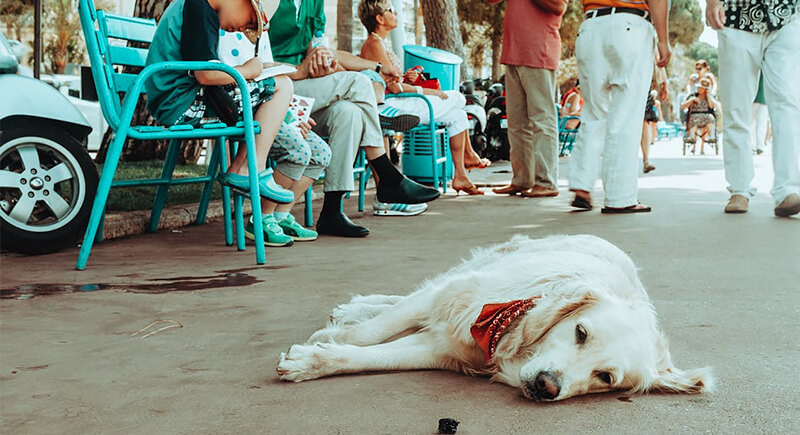
Credit: pexels
Busy environments tire older or ill dogs quickly. Sensitive hearing and constant activity disturb their rest. Lower the volume, close doors, and keep routines predictable. Quiet spaces help steady breathing and reduce anxiety. The calm of home matters more than background noise or household bustle.
Avoiding The Euthanasia Talk
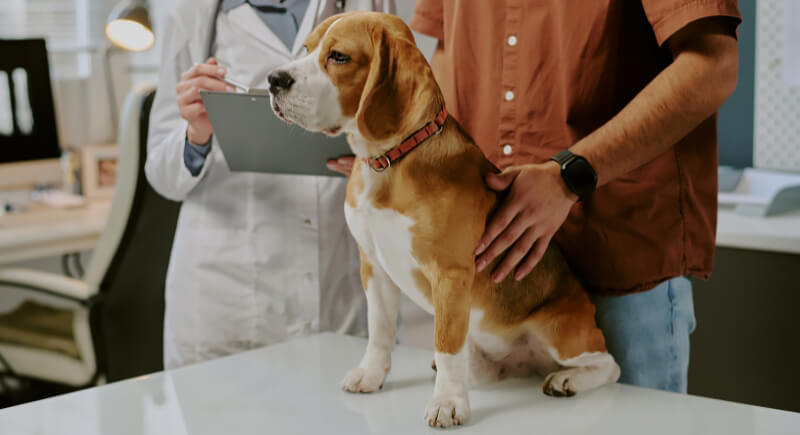
Credit: Canva
Waiting until a crisis makes saying goodbye harder. Discussing euthanasia early gives time to plan a gentle farewell without panic. Vets can assess the quality of life and help decide when comfort outweighs treatment.
Forcing Walks When They’d Rather Rest
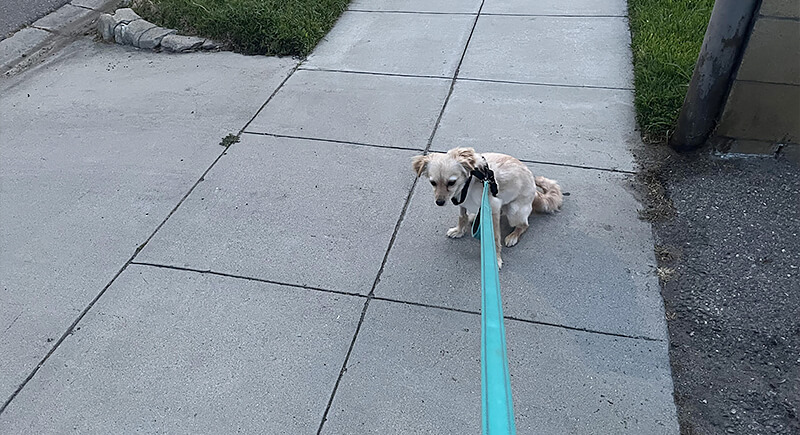
Credit: Reddit
Older dogs may prefer rest over daily walks. Their stamina fades, and even short outings can cause pain. Let them set the pace. Quick bathroom trips and short stretches outside are enough.
Leaving Them Alone During The Final Moments
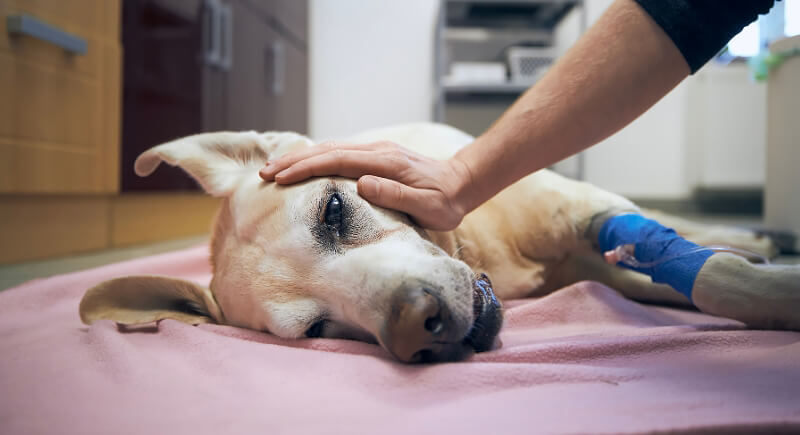
Credit: Getty Images
Many dogs find reassurance in their owner’s presence at the end. Your scent and voice help steady their breathing and heartbeat. Staying close, even when emotions run high, eases fear and confusion. Being there provides comfort and helps both of you find peace in the final goodbye.
Ignoring Bathroom Accidents
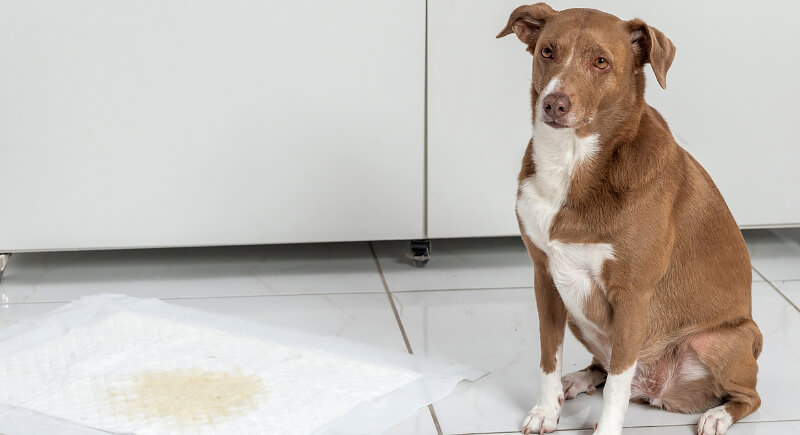
Credit: Getty Images
Accidents often occur as strength declines, and scolding only adds to the confusion and stress. Use pads or washable bedding to keep them clean and comfortable. Gentle care preserves dignity and trust.
Misreading “Good” Moments As Recovery
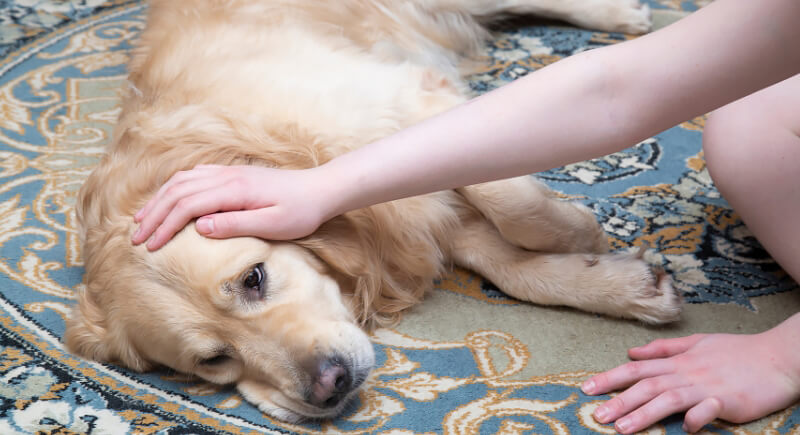
Credit: Getty Images
When a sick dog shows brief signs of energy, it’s easy to mistake them for improvement. A tail wag or appetite surge often reflects a short rally before decline, not recovery. Instead of clinging to hope, enjoy these moments for what they are: small flashes of connection and comfort near the end.
Neglecting Comfort Temperature

Credit: Canva
Aging dogs struggle to stay warm or cool. Keep a blanket handy, provide fresh water, and adjust the room temperature when needed. Small steps like a heating pad or gentle airflow make rest easier and improve overall comfort near the end.
Skipping Gentle Grooming
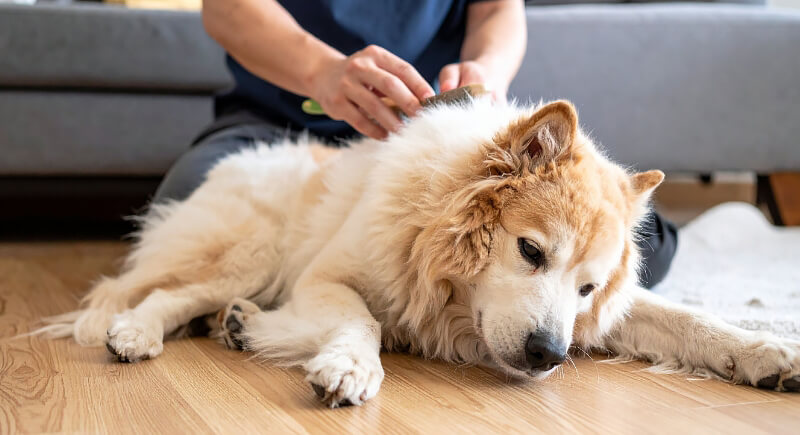
Credit: Canva
Older dogs often stop grooming themselves. Light brushing keeps their coat clean, prevents irritation, and promotes circulation. It also helps soothe them through physical contact. Gentle grooming reminds them they are still cared for.
Panicking Over Loss Of Interest
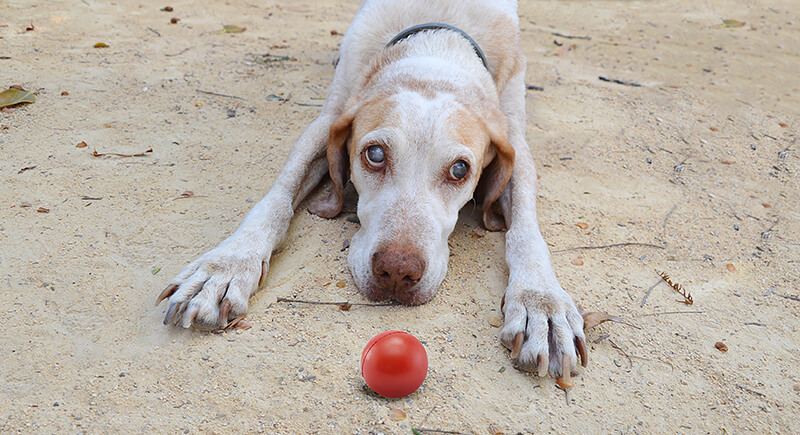
Credit: iStockphoto
When dogs lose interest in toys or play, it often means their energy is fading, not that they are unhappy. Sit nearby, talk softly, or rest a hand on them. Connection matters most when strength and curiosity begin to fade.
Overlooking Signs Of Anxiety

Credit: Getty Images
Restlessness or whining can mean confusion, not pain. Fading sight and hearing make familiar spaces seem strange. Vets can suggest mild calming aids or medications. Gentle routines, soft voices, and predictable surroundings help dogs feel safe and relaxed when the world starts to feel unfamiliar.
Skipping Vet Check-Ins Too Soon

Credit: Getty Images
Stopping regular vet visits too early can lead to missed discomfort. Subtle shifts in weight, breathing, or movement reveal essential clues. Routine check-ins allow for medication adjustments and the development of new comfort strategies.
Waiting For “The Look”

Credit: Getty Images
Many owners expect a clear signal that it’s time, but dogs rarely show it directly. They often hide pain as an instinct. Track appetite, sleep, and mobility instead of waiting for a moment of certainty. Choosing peace slightly early prevents suffering and honors their trust.